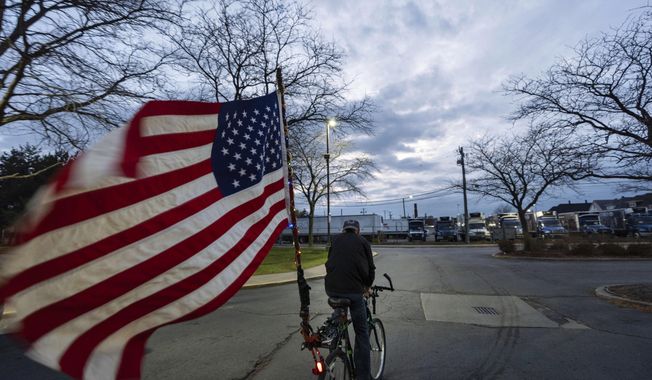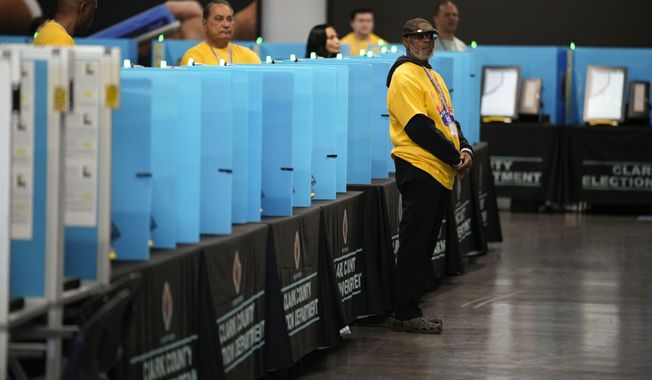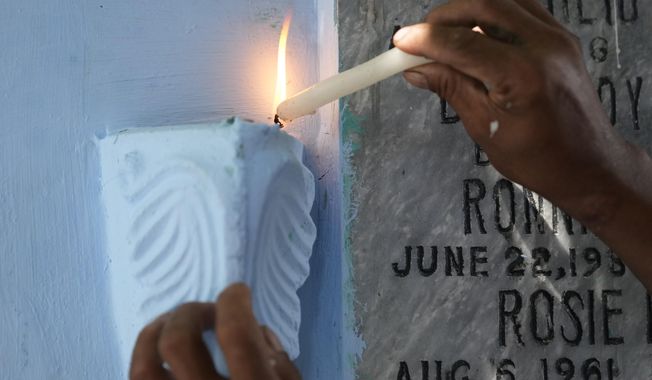
Kisako Motoki, 86, speaks, looking though a red cellophane depicting what she saw the atmosphere of the night of the Great Tokyo Air Raid on March 10, 1945, during an interview with the Associated Press at the Center for the Tokyo Raids and War Damage in Tokyo Wednesday, July 29, 2020. In Japan, war orphans were punished for surviving. They were bullied. They were called trash, sometimes rounded up by police and put in cages. Some were sent to institutions or sold for labor. They were targets of abuse and discrimination. Now, 75 years after the war's end, some are revealing their untold stories of recovery and pain, underscoring Japan’s failure to help its own people. (AP Photo/Eugene Hoshiko)
Featured Photo Galleries

Trump Transition: Here are the people Trump has picked for key positions so far
President-elect Donald Trump has announced a flurry of picks for his incoming administration. Get full coverage of the Trump transition from The Washingon Times.

Trump dances onstage, takes post-election nation by storm
President-elect Trump dances onstage












